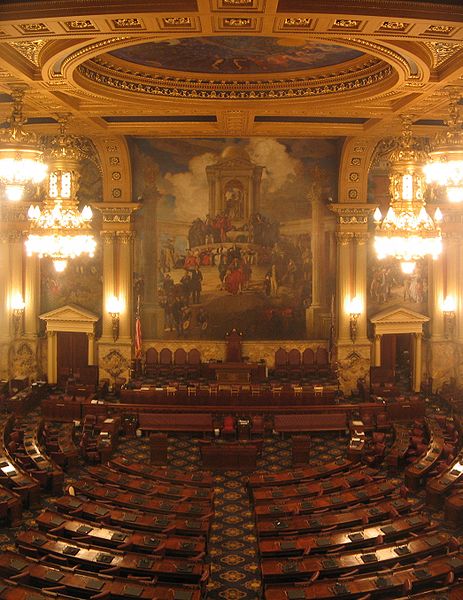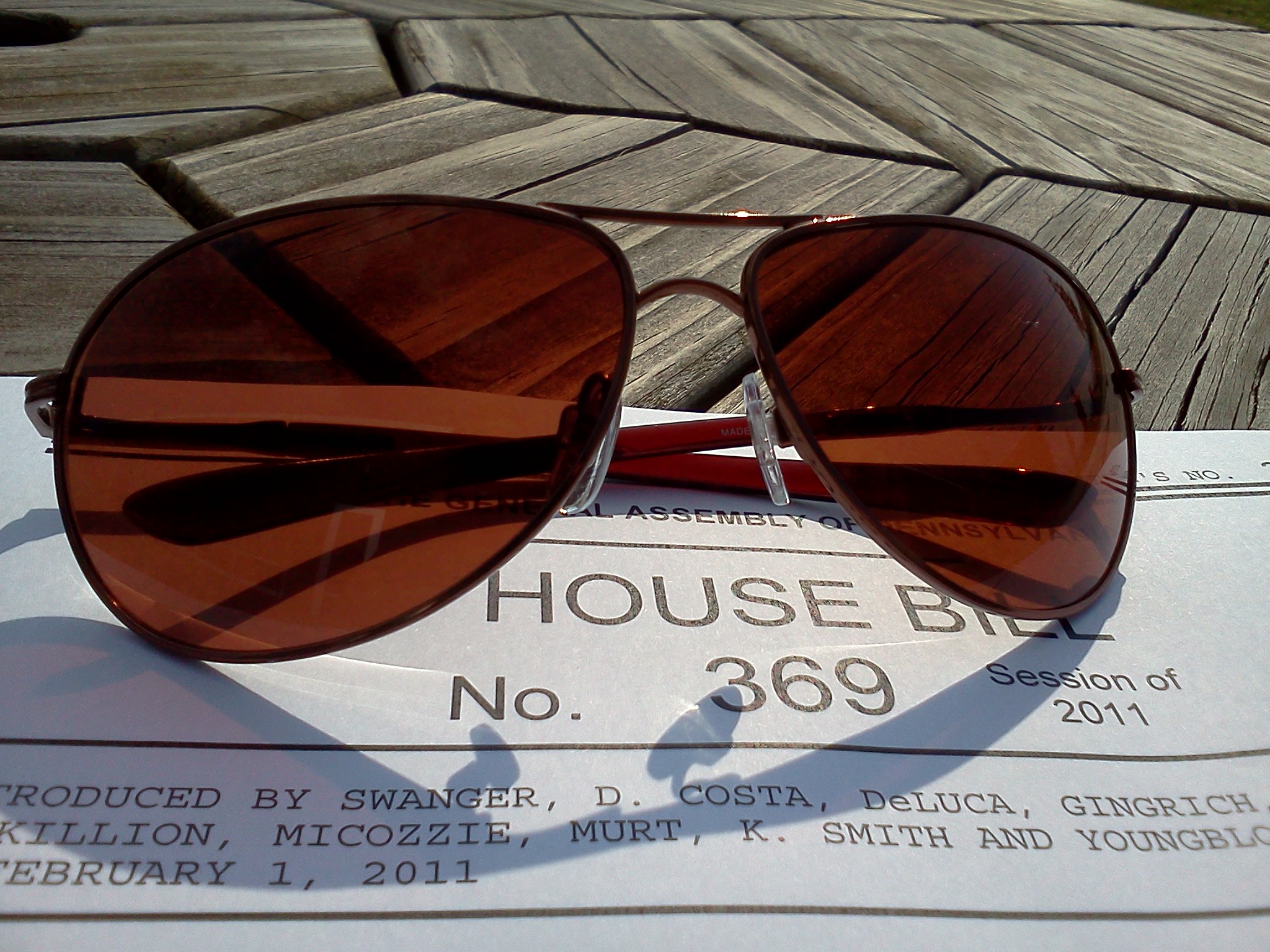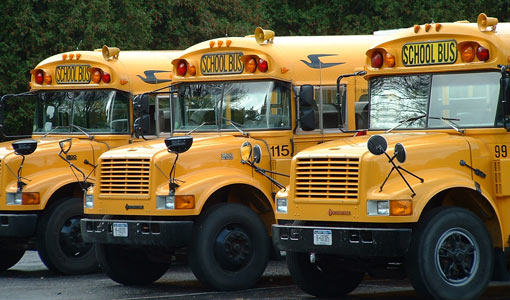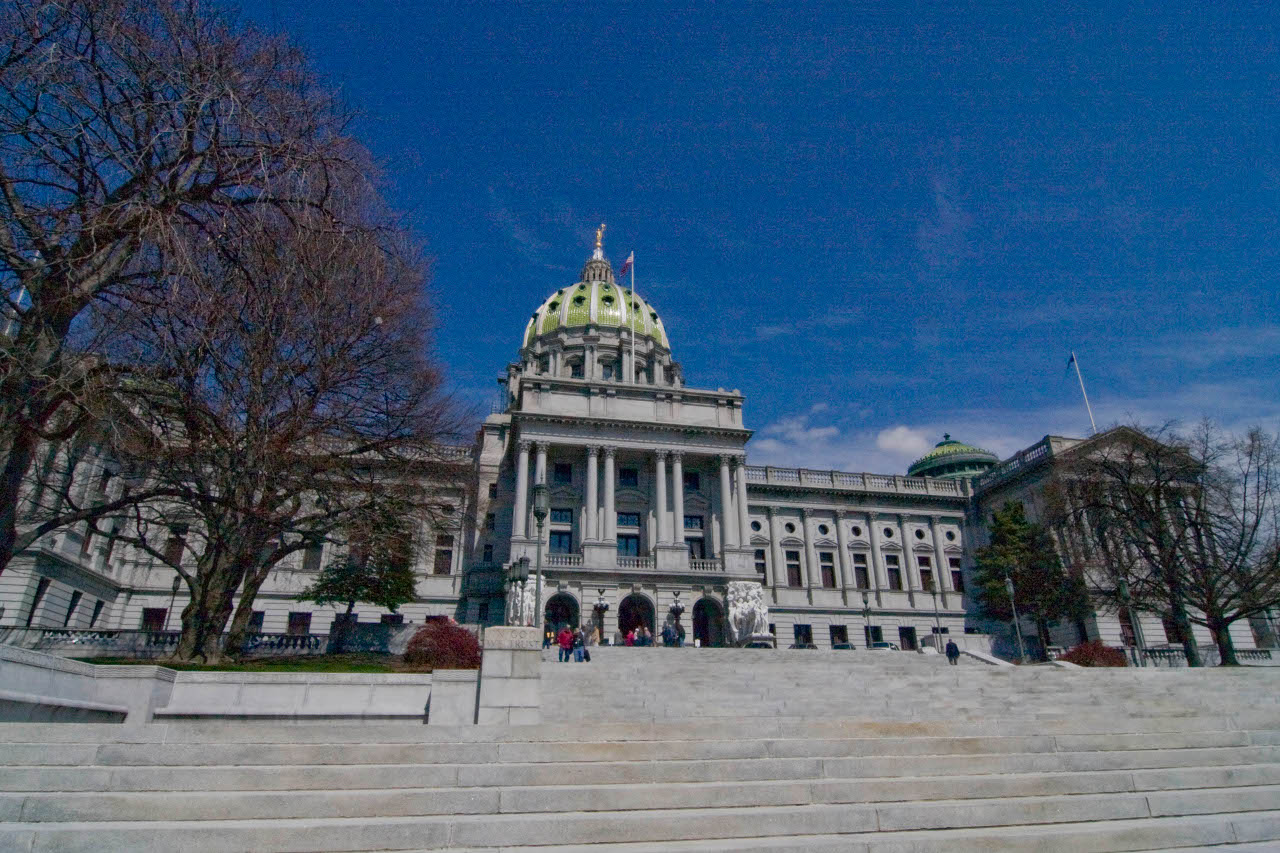Voter ID Bill Blasted by State House Democrats, Defended by Sponsor
State House Democrats are attacking a Voter ID bill that may come up for a final vote this week in the house. Representative Babette Josephs (D-Philadelphia) says the Republicans in the General Assembly are poised to suppress the votes of law abiding citizens.
House Democratic Leader Frank Dermody (D-Allegheny) called it a smokescreen. He says there’s no evidence of widespread or any voter fraud in Pennsylvania.
Representative Dan Frankel (D-Allegheny), caucus chair, called it a blatant political play. He says it would stop people who don’t have government-issued photo ID from voting, including many people who don’t have driver’s licenses such as senior citizens and those who ride the bus.
Democrats also say the bill could cost the state millions to implement, with costs for publicizing the change and providing valid photo ID to those voters who do not currently have them.
The measure, House Bill 934, is scheduled for a final vote on Wednesday.
The sponsor, Representative Daryl Metcalfe (R-Butler), calls it common sense legislation. He says it’s a matter of ensuring that there’s integrity in the process.
Representative Metcalfe says costs should not be as high as some people claim. He says there’s a process that occurs every election cycle to notify people of changes at the next election.
In response to criticism that there’s no evidence of voter fraud, Representative Metcalfe says if you don’t have a checks and balance system in place, it’s kind of hard to prosecute something that you’re not checking for at the polls.
He adds the Supreme Court has upheld a similar law in Indiana.
Several groups are on record as opposing the bill, including the ACLU of Pennsylvania, the League of Women Voters of Pennsylvania and the Pennsylvania Alliance for Retired Americans.









